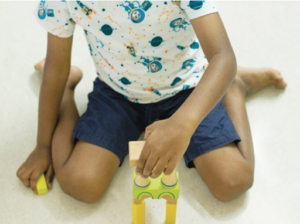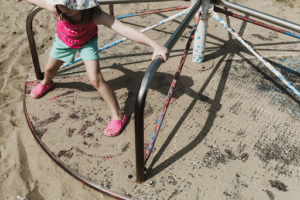
In recent years, it has become more recognized that a shift in societal perspectives is necessary for true inclusion, specifically regarding (but not limited to) autism and ADHD. Historically, autism and ADHD have been pathologized to focus on the way areas for growth impair a person’s “normalness”, rather than the constructive ways that individuals use their unique strengths. Neurodiverse children and adults do experience difficulties related to living in a world that is not accommodating and understanding of differences. The neurodiversity movement does not seek to trivialize how challenging growing up neurodiverse can be, but rather help focus on building shared understanding of the value neurodiverse individuals have just as they are.



